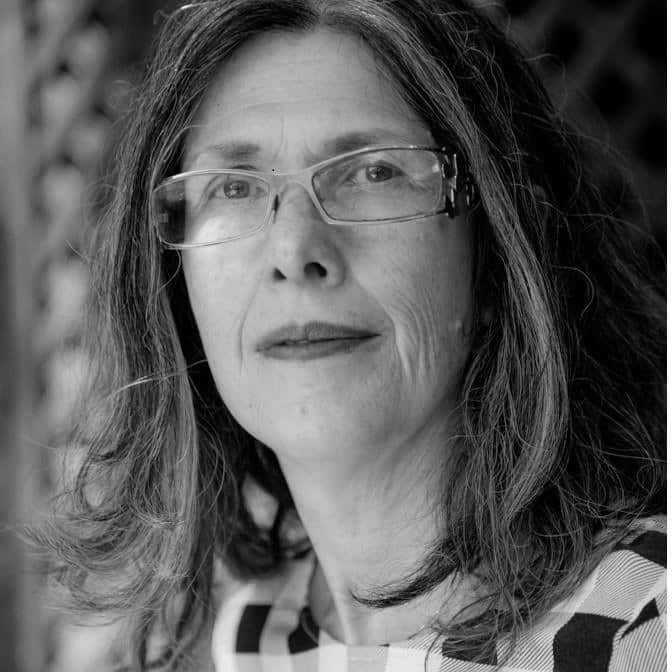We learn in Talmud Bavli Shabbat 21b that we are forbidden to lament or fast on Chanukah, because the holiday celebrates our victory over persecution when the strong were defeated by the weak, the many by the few and the morally empty by lovers of Torah and HaShem. We are to celebrate our religious freedom, light beautiful Chanukiyot and delight in guilt-free fried food in honor of the miracle of oil (one day’s supply, eight days of light—you know this one!).
So why, on the last of Chanukah did a bunch of Jews, including several rabbis, joined by at least one Muslim, gather at the corner of Pico and La Cienega to light a Chanukiyah composed of yartzheit candles? To answer the question better than I could, I share here the teaching of Rabbi Doctor Aryeh Cohen of American Jewish University:
We are here tonight to say that Black Lives Matter. We are here to say that Brown Lives Matter. We are here to say that the attitudes and the policies which contributed to the deaths of unarmed black and brown, straight, gay and trans folks must stop today.
In a moment we are going to be lighting a strange menorah. This menorah is made of memorial candles. As we light each candle we will read the names of nine unarmed black or brown folks who were killed by policemen. This, unfortunately, is only a very partial list. Seventy two lives. It is only a very partial list.
As we light the candles and read the names we will also have in mind the families of Police Officers Wenjian Liu and Rafael Ramos who were brutally murdered in New York.
Ner hashem nishmat adam/The soul of a person is the light of God. Tonight as we light these candles and listen to the names of these souls, these lights of God, we pledge that we will work tirelessly so that there will be no more names on a list, no more last words available as slogans, no more racist police violence.
We are here to demand that when a police officer shoots a civilian, the shooting will not be investigated by the people that work with those officers. We are here to demand that all officer involved shootings of unarmed civilians will be investigated—from crime scene forensics to grand jury indictment—by an independent prosecutor. If the police force is not seen as being accountable it will not be seen as legitimate. The accountability must come first. Only then will the legitimacy be granted.
We demand that so-called “broken windows” policing stop, since it is the disproportionate response to minor infractions which has led to many of these deaths.
In the Jewish tradition, mourners say a prayer called the Kaddish. It is a challenging prayer as it is actually a praise of God. At the moment of deepest tragedy, what is offered is the demand to praise God. This is not an easy task. However, I would suggest that the purpose of the Kaddish is to give the mourner the ability to remind God, that God must be larger than this death. The mourners demand that God be larger and greater than this tragedy. In that demand the mourners reclaim their power and strength in the world.
We will now light the candles and following the candle-lighting we will offer the Kaddish for all the black and brown victims of police violence, as an invitation and a reminder to all of us that in our mourning and our anger there is strength. The strength and the power to demand that this stops here and this stops now. That the lives that were shattered cannot be rebuilt, but the communities that are shattered as a result can be and must be. That we can create a more just society, with police accountability and economic opportunity.























 More news and opinions than at a Shabbat dinner, right in your inbox.
More news and opinions than at a Shabbat dinner, right in your inbox.